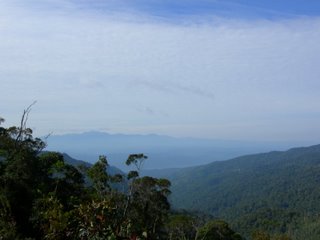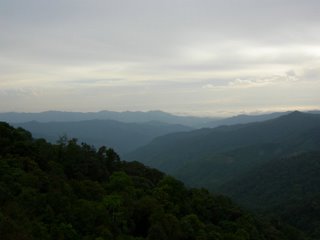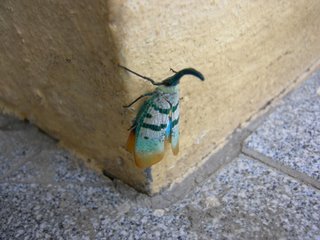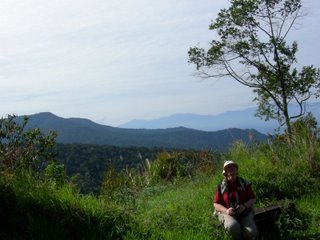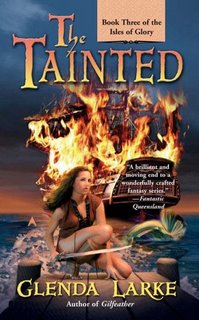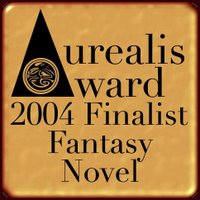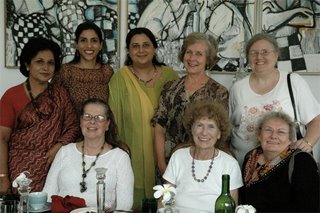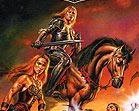See also Part 1; Part 2; and Part 3.
So there I am, with a finished version of the story that makes me reasonably happy. Remember, parts of this book have already been rewritten several times. So, what’s next?
Next comes the meticulous sentence by sentence rewrite. The first bit is the easiest : the spellcheck. Making sure I haven’t misspelled proper names as well as ordinary words.
The rest is so much harder because the spellcheck can’t tell you that you’ve written “there” when you mean “they’re” – and I do that silly sort of stuff a lot because I tend to “hear” words rather than see them as I write. In addition I’m a lousy copy editor and tend to read what I think is there and not what really is.
At this stage, the grammar function can be helpful too – it can point out some mistakes, as long as you don’t take too much notice of the things it doesn’t do too well.
So how do I find all the rough edges that spellcheck can’t show me? Well, I run a “find” [under edit on the toolbar] of some things that I know need checking. For example, I look for “really” and “very” and “seemed” and all those other words that I know I use far too much. Expressions too: “made an effort” was a favourite of mine for a while. And in one book I had over a 100 instances of “of course”, most of which needed turfing out – of course! It’s all too easy to have one’s characters sighing all the time, or shrugging – find out what your favourites are, and replace most of them. Look for cliches and think of better ways of saying the same thing.
Once all that is done, I click on that funny little backwards “P” thingy on the standard toolbar – the one that shows up all formatting. It puts a dot between every word. With that function on, I then re-read the whole MS. I find all those little dots force me to slow down and read every single word. And oh, the mistakes I find with that. I blush, correct them, and move on. This is the stage when I find a lot of overuse of words [e.g. using “discovered” four times on one page], as well as typos, missing words, etc. After that, I run another spell check.
Is my MS ready to send off to the publisher or agent yet? Absolutely not. But it is ready for beta readers. More about these wonderful people next time.

